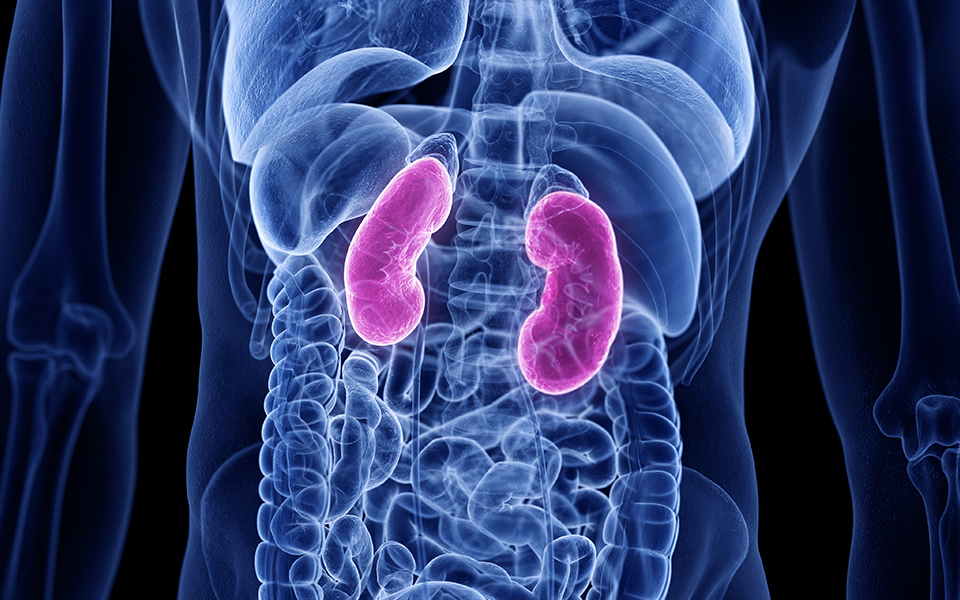Our kidneys are essential to life, but not many people know what they do. Let’s take a look and discover this amazing organ.
The kidneys help balance three essential bodily functions. This post will briefly describe these three functions – excretory, regulatory, and hormonal- and discuss their importance to our daily lives.
Let’s get started by locating the kidneys. Your two kidneys can be found behind the abdominal organs, just below the ribs. A closed fist is the approximate size of your kidneys, and the weight averages between a quarter and half a pound.
Functional kidneys filter and clean the body’s blood. The kidneys remove waste products from our blood, such as urea and creatinine. The actual filtering of the blood takes place in tiny units inside your kidneys called nephrons. There are up to one million of these tiny nephrons in your kidney. After filtering our blood, the kidneys return several vital substances into the bloodstream, including amino acids, vitamins, and key hormones that promote healthy living.
Our kidneys also play an essential role in maintaining hormone balances. Kidneys secrete renin, which keeps blood pressure regular. If our kidneys don’t function properly, too much renin can be produced, increasing blood pressure and potentially resulting in hypertension. Erythropoietin is another hormone secreted by the kidneys. It stimulates cells in the bone marrow to produce red blood cells. If kidney function deteriorates, the hormone isn’t adequately produced appropriately, resulting in anemia. A person with anemia lacks enough healthy red blood cells to carry adequate oxygen to their body’s tissues.
Vitamin D is essential for a number of bodily functions. Our kidneys transform the inactive Vitamin D from our diet into an activated form called calcitriol. The “activated” form is essential for the absorption of calcium by the intestines. Healthy kidneys maintain the body’s Vitamin D, essential for maintaining calcium balance for the bones, blood clotting, nerve, and muscle functioning.
Now that we know more about our kidneys look for our next post on what happens when we injure our kidneys.

